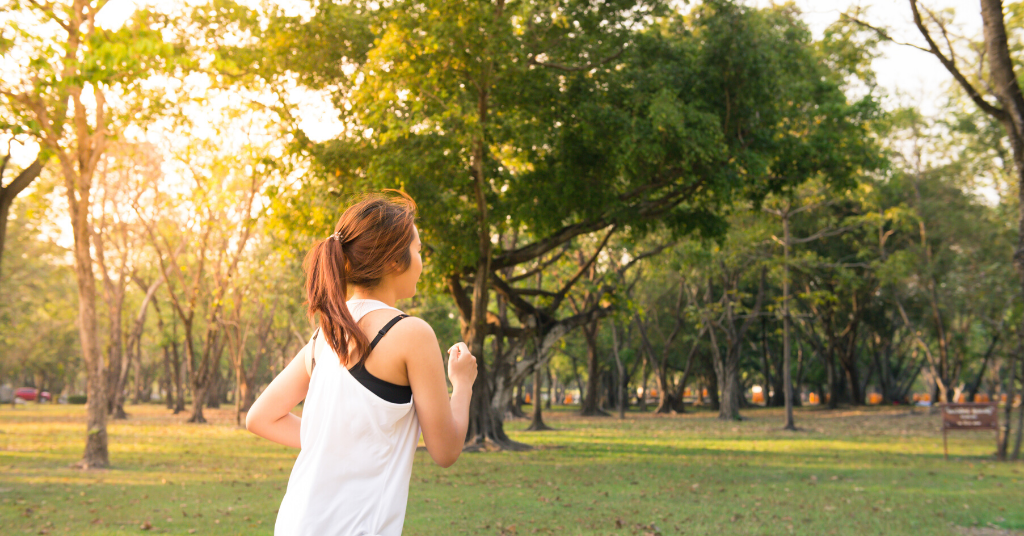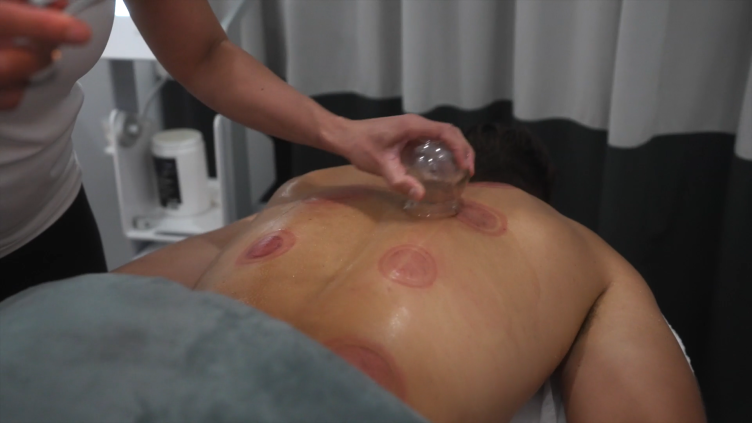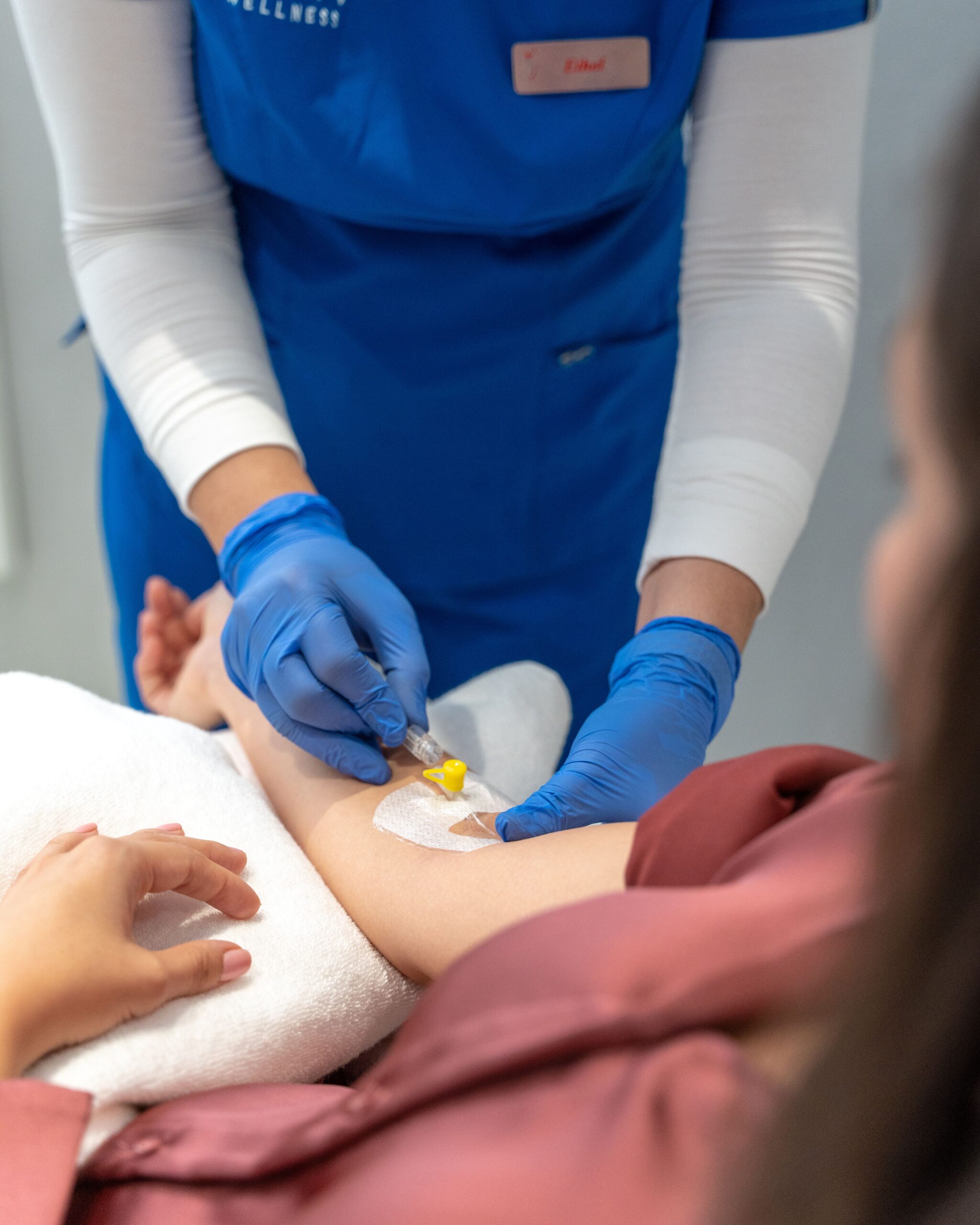°CRYO’s Top 5 Tips to #StayHealthy During Ramadan
The month of Ramadan provides a unique opportunity to reconnect with our bodies, as well as our minds and our faith.
During Ramadan, Muslims abstain from food and drink from dawn to dusk. It is important to get proper nourishment between iftar and suhoor in order to be prepared for the next day of fasting. Healthy habits during the holy month are also very important in order to avoid gaining weight. In this article, we outline a few simple tips to help you stay fit while fasting. To not fall sick due to dehydration and the demands of this month, there are certain tips that one should definitely keep in mind while staying healthy during Ramadan.
- HAVE ENERGY BOOSTING FOOD AT SUHOOR
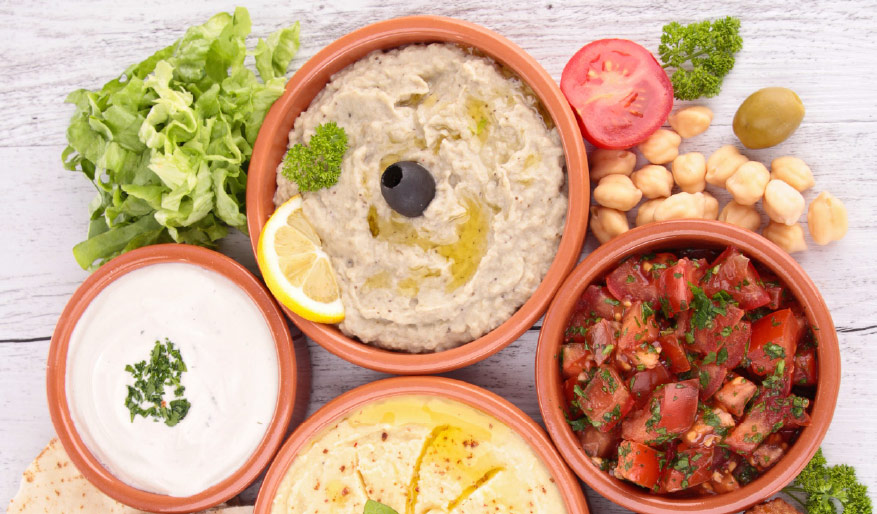
Suhoor becomes the most important meal of the day as it is what is going to take you through the whole day. While a good Suhoor helps you in going through the whole day just like regular, a heavy or unbalanced Suhoor will give you hunger pangs and a sluggish feel the whole day, and keep you waiting for the Iftar.
- Eat protein-rich food in the morning. Protein not only delays hunger pangs but also provides lots of energy for the day.
- Provide hydration to your body partially through food as well. Opt for fruits and veggies with high water content like cucumbers, tomatoes, lettuce, oranges, and watermelon.
- High fiber and carbohydrate food items such as wholemeal bread and brown rice take longer time to digest and hence keeps you full for a longer time.
- Go high on protein but less on fat. Food items like fish, low-fat dairy products and less fatty chicken should be your alternative for feisty fat meals.
- Intake of rich in fiber fruits at the start of the day can prevent constipation- a common problem that occurs during Ramadan. Also, they are full of vitamins, phytochemicals and minerals to keep you energized the whole day.
- KEEP YOURSELF HYDRATED

Drinking plenty of water and healthy eating during Ramadan is of crucial importance. Avoid as much as possible on the sugary and caffeine stuff. They may look an enticing option at the time of Suhoor but will add to your thirst during the day. Ensure you drink a considerable amount of water at Suhoor, to keep yourself hydrated.
- Don’t break your routine of drinking at least 8 glasses of water every day. Divide these between the time of Suhoor and Iftar but do maintain your ritual of 8 glasses of water.
- Suhoor must include fresh fruits and veggies or just plain water instead of sweetened drinks.
- Avoid eating hot and spicy food as they tend to increase your thirst during the day.
- Start your Suhoor and Iftar meal with two glasses of water.
- You can keep a bottle of water on your bedside to sip it during the night.
- KEEP YOURSELF BUSY

The key is to keep your daily routine as normal as you can. Ramadan is all about fasting to become closer to Allah (Almighty), don’t make it all about you by staying lazy and disrupting your regular routine. Staying active and in your routine will not only help you pass your day easily, but it will also help in managing the disturbed body mechanism with the lack of food.
- Sleep plays a vital role in shaping up your day during Ramadan. Sleep on time to keep yourself active, fit and energetic during the day.
- Sipping water at least every two hours post Iftar will help you stay active the next day. A hydrated body won’t make you look pale and dull.
- Don’t concentrate your thoughts on fasting the whole day. The more you think about the fast, the hungrier you’ll feel. It’s natural psychology. Keep yourself immersed in your daily routine and don’t let mind play tricks with you
- DON’T SKIP OUT ON EXERCISE
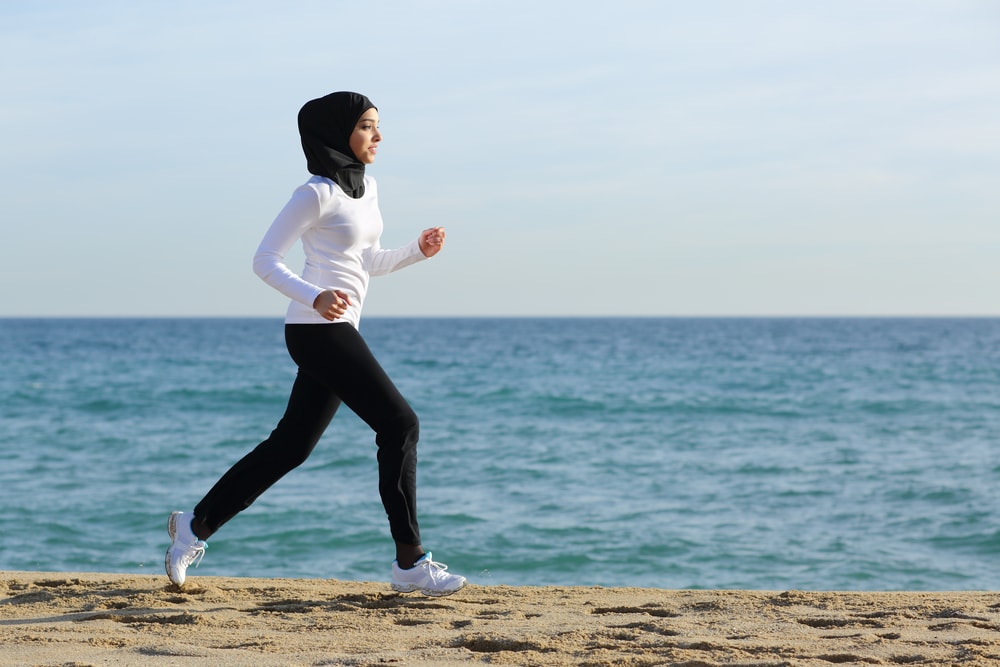
If you are into regular exercise, don’t stop it just because you are observing fast. This will not only reduce the regular flow of energy to your body but will also make you feel sluggish. Instead, if you are into heavy workouts, reduce the intensity.
- Remember, your body maintains a muscle mass only as long as you keep giving it instructions through regular workouts. Stopping them will increase the mass and make you feel heavier.
- Carbohydrates help you work out with increased intensity. During Ramadan, your carb levels deplete, and therefore, it is natural to reduce your workout intensity and take it slow.
- Include some amount of carbohydrate during your Suhoor to give you the required energy at the time of the workout.
- If you are into a regular high-intensity workout or taking Ramadan as an opportunity to start a work out; try and do your exercise just before the Iftar. It will help you compensate for the lost energy and water requirement post-exercise.
- Avoid exercising immediately after Iftar meal. The entire blood flow at that time is concentrated on your stomach and hence, is not advised.
- BREAK YOUR FAST SLOWLY & LIGHTLY

It’s a very common complaint that in spite of observing the whole month’s fast, there are many people who gain weight during Ramadan. The reason is what you eat at the time of Iftar is usually more than you eat on a regular day.
- Don’t go all out at Iftar meal. Although tempting, it is better to take it slowly. Your body is already going through a disturbed routine and if you stuff oily, fatty, and heavy food suddenly after going hungry for 12-14 hours, it’s not going to have a good effect.
- Exercise some self-control and eat normal-sized, nutritious portions at Iftar. Eat-in moderate quantities every 2 hours post Iftar and you’ll see its good effect the next day.
- Start your Iftar meal by eating 2 dates. It balances the low sugar level in your body due to the fast of the whole day and helps you gain instant energy.
- Starting with a bowl of soup is great as it not only prepares the stomach for the upcoming meal but also gives the essential fluids to the body.
- It’s difficult but eat fewer sweets at Iftar. Too much sugar after the whole day of fast is not good for the body. It’s of crucial importance since you’re fasting the next day.
Perhaps all these tips can be simply condensed into the following sentence: eat healthily, drink lots of water, and never forget exercising during Ramadan.


